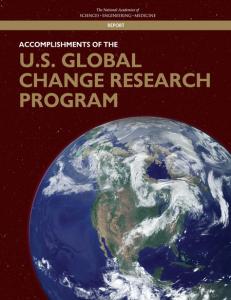A Climate-focused Presidential Debate? Here’s What Moderators Should Ask
Jay Inslee, the governor of Washington state, has said climate change is the “driving motivation” for his presidential campaign; some of his opponents agree, particularly after an April CNN/SSRS poll found that 82 percent of Democrats and Democratic-leaning voters described the issue as “very important.” One of these candidates will face off in the general election against a president who ran on the assurance that “I believe in clean air. Immaculate air.


